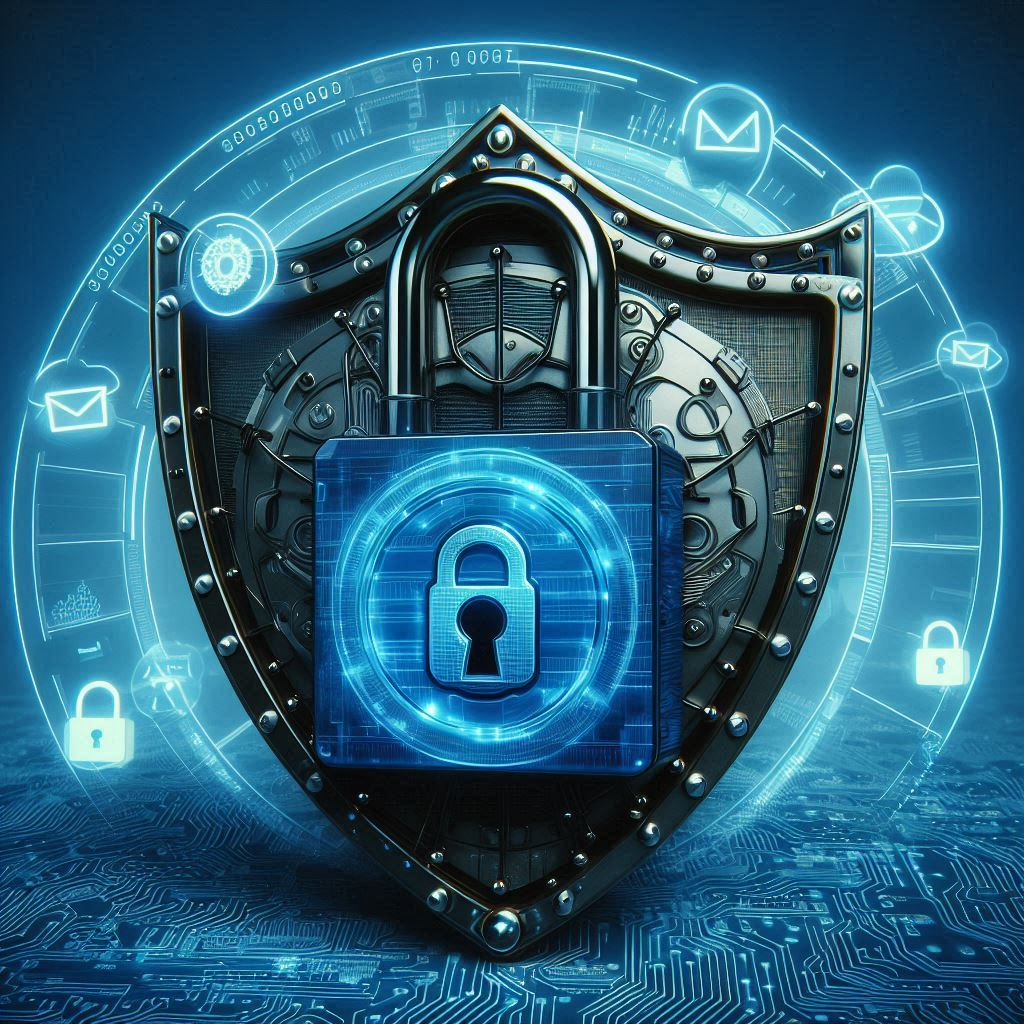Digital Self-Defense: How to Secure Email Communication from Stalkers and Cyberbullies

In today's digital world where the internet has grown a lot and helps people in many ways, it also brings new dangers. One of these is cyberbullying and stalking through email communication. These are the crimes where a cybercriminal harasses or stalks someone through emails. Cyberbullies and stalkers sometimes remain undetected and uncaught due to the anonymity offered by the internet. This guide will explain how you can keep your email safe from cyberbullies and stalkers.
Identifying Vulnerabilities:
- Weak Passwords: Weak passwords make it easy for attackers to access your account.
- Unencrypted Emails: The use of unencrypted emails allows unauthorized individuals to intercept and read them.
- Public Wi-Fi: Using public Wi-Fi networks without correct security can expose email communications to hackers.
Techniques Used by Stalkers and Cyberbullies
Stalker or cyberbullies use many techniques for harassing their victims. These can be:
Ø Phishing Attacks: Sending deceptive E-mails that appear to be coming from some authentic source to obtain personal information.
Ø Spoofing: With this technique, emails are sent to fool the user into thinking they are coming from somebody else. It is trying to gain unauthorized access to sensitive data.
Ø Malware: Distributed through spam e-mail attachments, these are composed of malicious software that secretly installs into your devices where it can either steal information or cause damage.
How to Secure Email Communication from Stalkers and Cyberbullies?
Here are some features that enhance security against cyber threats:
Ø End-to-End Encryption: It will secure email content so that the only sender and receiver can read it.
Ø Two-Factor Authentication (2FA): A second way of verifying your account other than using a password such as a physical token or a mobile device, to verify your identity.
Ø Spam and Malware Filters: This protects users from malicious emails and attachments.
Ø Anonymity Options: You can send an email without having to give away your identity.
Ø Log Out: Always log out of the accounts at the end of the sessions.
Recommendations for Secure Email Services:
To protect your emails, choose an email service that prioritizes user privacy and data protection. Secure Email services offer robust encryption and strong privacy policies. This ensures your emails remain secure from cyber threats.
Consider StartMail for robust email security and privacy-focused features.
What are Strong Security Protocols:
Ø Strong Passwords and 2FA:’
Strong Password and 2FA, combined, are the fundamentals of securing your email account. A strong password is:
1. At least 12 characters long.
2. Contains a mix of uppercase and lowercase letters, numbers, and special characters.
3. Unique to your email account and not used for any other accounts.
2FA adds an additional layer of security by requiring you to provide a second form of identification, such as a code sent to your phone, when logging in.
Ø Creating a Secure Email Environment:
To create a secure email environment:
1. Regularly Update Passwords: Change your passwords every couple of months and do not use old passwords.
2. Use Secure Networks: Avoid accessing your email over public Wi-Fi without a VPN.
3. Be Cautious with Links and Attachments: Do not open any link and/or attachment in your email from an untrusted and suspicious source.
Using Encrypted Methods for Sending Emails:
Encrypting your emails enhances your safety by ensuring that they cannot be read without a decryption key. This is especially crucial for sensitive information shared by Email that could attract unwanted attention from cyberbullies or stalkers.
How to Stay Anonymous in Emailing;
Staying anonymous can protect your identity and reduce the risk of becoming a target. Some of the ways are below:
1. Use Anonymous Email Services: Some email providers offer anonymous sign-up options, allowing you to create an account without providing personal information.
2. Avoid Using Personal Information: Do not include personal information in your email address or message.
3. Use a VPN: A VPN can mask your IP address, making it more difficult for attackers to trace your location.
Steps to Take If Cyberbullying or Stalking targets you:
Reporting and Blocking Threats:
If you are targeted by cyberbullying or stalking:
1. Record the Abuse: Keep records of all harassing emails, including dates and times.
2. Report to Authorities: Contact your local law enforcement agency and provide them with the documentation.
3. Notify Your Email Provider: Report the abuse to your email service provider so they can take appropriate action.
How to Report Threats and Block Unwanted Contacts?
Most email services provide tools for reporting threats and blocking unwanted contacts. To block a contact:
1. Open the email from the unwanted sender.
2. Click on the options menu (usually represented by three dots or lines).
3. Select "Block" or "Report" from the menu.
This will prevent the sender from contacting you in the future and alert your email provider of the potential abuse.
Conclusion
In these days of digital communication, keeping your email safe is very important. Being aware of threats, choosing a safe email service, following strict security measures, using proper encryption, learning to report and block threats, etc., can really step up your digital self-defense. Follow these steps to keep your personal information safe, your email communications private, and your email secure.
Get ProtonMail for secure email communications.
Use StartMail for the most robust email security and privacy features.
Protect your online activity with ProtonVPN.
Secure all your passwords with Proton Pass.
Protect your online activity with NordVPN.
Secure all your passwords with NordPass.
For more comprehensive reviews and comparisons of these services, visit my affiliate page.
Stay Tuned
The best articles, links, and news delivered once a week to your inbox.
